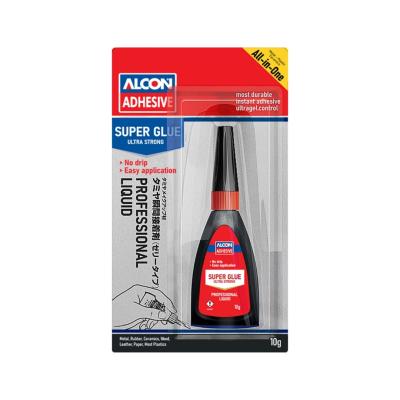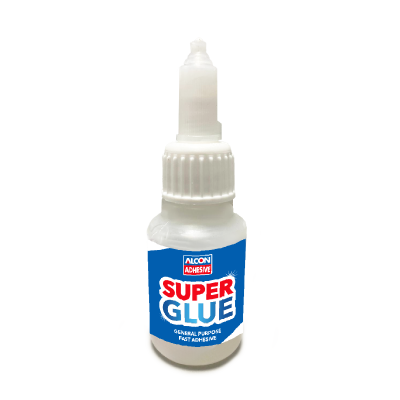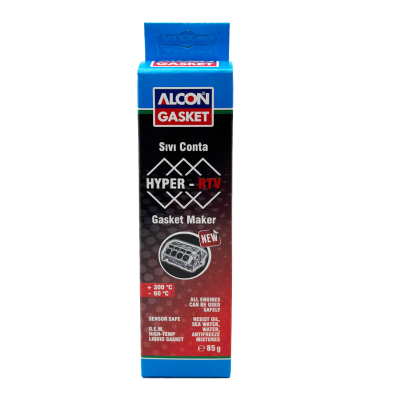Here is the English translation of the provided text:
Acetoxy-Based New Strong Liquid Sealant
An acetic acid smell can be detected during curing.
It is resistant to shrinkage and cracking caused by thermal cycles.
After curing, it operates between -40°C and +300°C.
Once cured, it is resistant to oil, antifreeze, gasoline, diesel, and seawater.
It can be disassembled if necessary.
Offers strong adhesion, coverage, continuous elasticity, and extra sealing.
Technical Information
Colors: Red-Black-Grey
Curing: Single-Component Acetoxy
Shore A Hardness: 22
Viscosity/Appearance: Thixotropic paste
Density: 1.05 g/cm³
Elongation at Break: 320%
Initial Skinning Time: 15 minutes (+23°C)
Curing Rate: 3-4 mm/day
Movement Capability: 10%
Service Temperature: -40°C to +300°C
Flow Rate (Fluidity): 220 g/min
Application Surface Temperature: +5°C / +40°C
Application Method
Surface Preparation for Application:
Remove dust, oil, and dirt from surfaces that will come into contact with the liquid sealant.
Any sealant residue previously applied to surfaces should be cleaned using mechanical methods.
Application Method:
Apply the liquid sealant to one surface. Wait for 5-10 minutes, then join the parts.
For small sealing areas, parts can be joined immediately if necessary.
Do not leave the tube opening open after application.
Application Areas
For sealing all surfaces and filling corrosion gaps:
In automobiles, trucks, buses, military vehicles, ships, machinery, heating systems, industrial ovens, and chimneys.
For sealing delicate surfaces exposed to high temperatures or temperature fluctuations, where rubber, cork, and Klingrit-type seals cannot be applied.
In all sealing areas of motors, differential covers, carburetor covers, pumps, thermostats, gearboxes, transmissions, etc., on surfaces exposed to vibrations and heat.
Since it releases acetic acid during curing, it should not be used on sensitive metals like copper and brass.
Not suitable for PE, PP, PTFE, neoprene, and bitumen surfaces.
Cannot be painted over.
Warnings
Contains trace amounts of volatile chemicals. It releases an unpleasant odor and acetic acid during curing. Therefore, it should not be inhaled for long periods, and adequate ventilation should be ensured when used in enclosed spaces. Avoid prolonged contact with wet silicone as it may cause skin sensitivity. Hardened silicone does not contain harmful elements.
Do not throw full/empty packaging into fire. Keep away from sunlight and store at temperatures not exceeding +50°C.
Keep out of reach of children.
Store the container in a well-ventilated area.
Keep away from ignition sources, and do not smoke.
Avoid contact with eyes and skin.
In case of eye contact, rinse immediately with plenty of water and consult a doctor.
Wear appropriate protective clothing, gloves, goggles/mask while working.
Seek medical attention immediately if an accident occurs or if you feel unwell.
If swallowed, seek immediate medical advice, showing the container or label.
Do not pour into the sewage system. Dispose of the waste and container according to local hazardous or special waste disposal regulations.
 Türkçe
Türkçe









